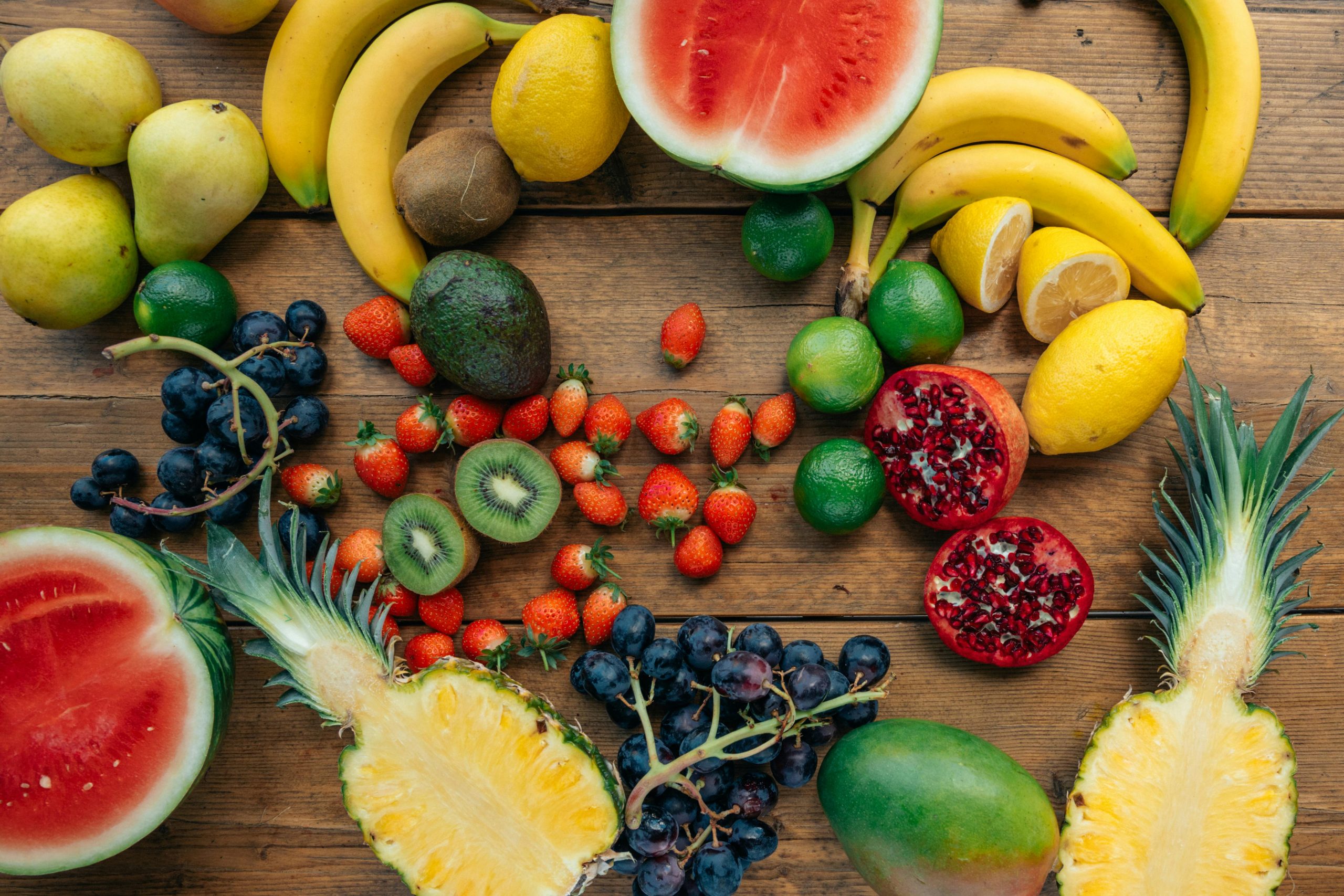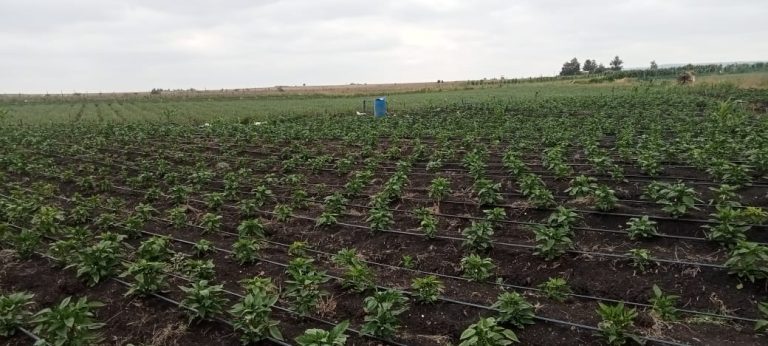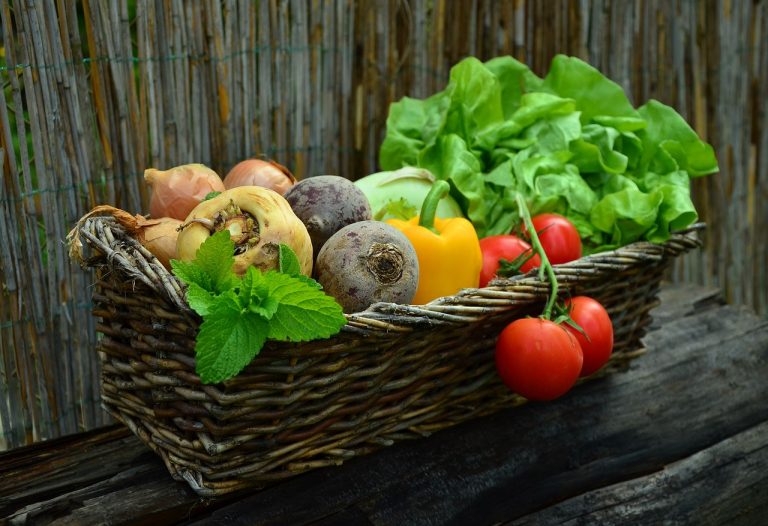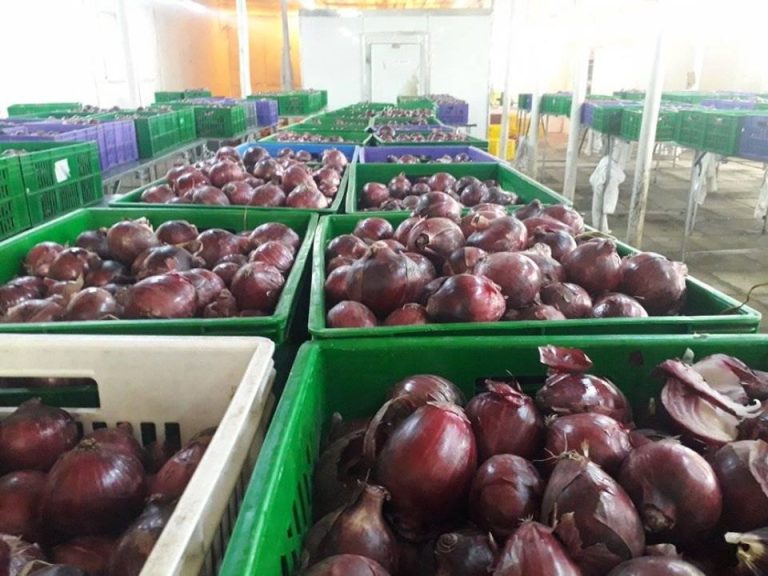Think Fruit Farming Is Easy Money? Think Again.
“He planted 200 Hass avocado trees and expected instant millions. Two years later, the farm was abandoned, yields were poor, and the export dream had turned into a costly lesson.”
This is the story of many first-time investors who dive into fruit farming expecting overnight success—only to discover that the road to profitability is lined with overlooked details, strategic decisions, and patience.
Yet, Kenya’s fruit farming sector is one of the most lucrative agribusiness frontiers today. With increasing demand for fresh produce in the EU, Middle East, and local urban markets, high-value fruits are no longer just about food—they’re high-yield assets. Urban professionals are buying land for avocado orchards and leasing acreage for mango and pomegranate, and savvy agripreneurs are tapping into juice and export processing channels.
But here’s the reality: not every fruit suits every farmer or region. Success depends on climate, capital, crop lifecycle, and—most importantly—market alignment.
This article unpacks 5 of the most profitable fruits to grow in Kenya, backed by real-world examples, startup cost estimates, and Return on Investment (ROI) projections. Whether you’re farming on 1 acre in Limuru or managing 20 acres in Kajiado, these insights will help you make the right bet—and avoid the wrong ones.
#1: Hass Avocado – The Green Gold for Export
“Kenya’s Hass avocado exports grew by over 15% in 2023, with demand surging in France, Netherlands, UK, UAE, and China. Locally, one mature tree can earn more per season than a Nairobi apartment’s monthly rent.”
Why Hass Avocado?
Avocado is no longer just a breakfast fruit—it’s a billion-shilling industry. The Hass variety, in particular, has become Kenya’s flagship export product, with a global reputation for quality and taste.
- Export Demand:
- The EU alone imports over 500,000 metric tonnes of avocado annually. Kenya’s export volumes rose to over 100,000 metric tonnes in 2023, and this growth is expected to continue, especially with expanding access to Chinese markets.
- Return on Investment:
- A well-managed Hass avocado tree can yield 800–1,000 KES per season, with an acre hosting 100–150 trees. Over time, this can translate into KES 80,000–150,000 per season per acre, depending on tree maturity and market access.
- Best Growing Zones:
- ✅ Kiambu, Murang’a, Nyeri, Kisii, Kajiado
- These areas offer favorable altitude, well-drained soils, and rainfall patterns ideal for avocado growth.
Startup Snapshot
|
Factor |
Estimate |
|
Seedling Cost |
KES 150–300 (grafted) |
|
Planting Density |
100–150 trees per acre |
|
Maturity Timeline |
2.5–3 years |
|
Water & Irrigation |
Recommended, especially in dry zones |
|
Certifications |
Global GAP, KEPHIS (for export readiness) |
Common Challenges & How to Beat Them
|
Challenge |
Pro Tip |
|
Poor harvest timing or immature exports |
Join cooperatives or export hubs that train on harvest quality. |
|
Pests like fruit flies and root rot |
Use integrated pest management (IPM) + certified seedlings. |
|
Missing export standards |
Work with certified aggregators & obtain Global GAP certification early. |
Investor Insight
Case Study: James, a Nairobi Accountant Turned Avocado Exporter
In 2019, James, an accountant based in Nairobi, invested in a 2-acre plot in Murang’a County to cultivate Hass avocados. By 2023, he was exporting his produce to France through a certified aggregator, Kakuzi PLC, which operates extensively within the same county. His return on investment? Over KES 500,000 in net profit annually—and it’s still growing.
Other major certified aggregators and exporters for Hass avocados in Kenya include Sasini PLC Vegpro, among others. Aggregators and exporters play a pivotal role in connecting Kenyan avocado farmers to international markets, ensuring quality standards, and providing support throughout the export process.
Hass avocado is not a “get-rich-quick” crop—but with strategy, patience, and partnerships, it can become a cornerstone of a profitable agribusiness portfolio.
#2: Passion Fruit – High Yields, Fast Returns
If Hass avocado is the long game, passion fruit is the sprint. For investors looking for quicker returns without compromising on profitability, this climbing vine might just be your golden shortcut.
Known for its fast maturity and consistent local and export demand, passion fruit can generate up to KES 1.2 million per acre annually, especially when farmed intensively with proper trellising and disease management. It starts yielding in just 8 to 12 months, making it a favorite among first-time agripreneurs and diaspora investors seeking faster cash flow.
Investor Snapshot: Grace, a Diaspora Nurse Turned Passion Fruit Farmer
In 2021, Grace, a nurse based in the UK, leased just half an acre in Embu County. Within a year, her grafted passion vines were yielding harvests for a local juice processor—earning her KES 40,000 monthly during peak seasons.
Key customers for passion fruits in Kenya from farmers include:
Juice Processors:
- Kevian Kenya Ltd – Producers of the popular Afia juice brand, sourcing passion fruits from local farmers for their juice products.
- Milly Fruits Processors Ltd – Based in Mtwapa, they process passion fruits into pulp and concentrates, supplying both local and export markets.
- Feast Foods Processors Ltd – Located in Ukunda, they produce aseptic passion fruit pulp and work closely with farmers in the region.
- Orchard Juice Ltd – A Nairobi-based company specializing in 100% natural freshly squeezed fruit juices, including passion fruit, sourced from local growers.
Why It’s Worth It:
- Market Demand: High across local juice companies, fresh fruit stalls, and export markets like the EU.
- Regions: Ideal for Bungoma, Uasin Gishu, Nakuru, and Tharaka Nithi, Embu etc
- Startup Needs: Trellis systems, grafted seedlings, regular pruning and spraying.
Passion fruit vines, when properly nurtured, can become cashflow champions—but only for investors ready to manage them with consistency and care.
#3: Mango (Apple & Kent Varieties) – Local & Export Sweetspot
While passion fruit offers fast returns, mango farming—especially the Apple and Kent varieties—hits the sweet spot between local market strength and global export potential. These two cultivars are Kenya’s golden ticket, favored by juice processors in Nairobi and exporters targeting the EU and Middle East.
Take Makueni County, for example—here, smallholder farmers have transformed drylands into fruit powerhouses, supplying fresh Kent mangoes to Gulf buyers. Meanwhile, Apple mango growers in Embu are making direct sales to local processing firms like Kevian and Del Monte.
The numbers speak for themselves: with proper pruning, pest management, and irrigation, an acre can yield over 20–30 tonnes annually, translating to returns of KES 1M–1.5M per acre once mature. Trees start producing commercially by year 3, and peak yields often stretch beyond a decade.
Think of mango trees as a “fruit ATM”—they require patience upfront but deliver steady payouts for years to come. For investors seeking stability, scalability, and strong domestic/export demand, mango farming offers a juicy proposition.
#4: Tree Tomato (Tamarillo) – Fast Turnover for Smart Planners
While mango trees reward patient investors, Tree Tomato farming is perfect for those seeking a quicker turnaround with consistent margins. Known locally as matunda ya damu, Tamarillo is a high-value crop gaining traction among smart investors due to its fast maturity, compact space requirements, and rising demand from both fresh markets and juice processors.
In the highlands of Nyandarua and Meru, small-scale farmers are already cashing in. Take the case of a couple in Nyeri who converted just two acres into a Tamarillo farm—within 18 months, they were earning over KES 700,000 annually, supplying fresh fruit vendors and a local processor in Thika.
Tree tomato plants begin producing in under 12 months and peak within 18–24 months. With dense planting (up to 1,200 trees per acre) and continuous harvesting cycles, they offer investors a “speedboat” strategy—fast, agile, and designed for rapid ROI.
Best grown in cool altitudes like Meru, Kisii, and parts of Nakuru, Tamarillo farming does come with challenges like fruit fly infestation and perishability, but solutions like cold chain storage and spray scheduling are proving effective. Buyers include Zucchini, Carrefour, Highlands Drinks, and niche exporters tapping into the EU market.
#5: Pomegranate – Drought-Resistant, Export-Ready
If you’re looking for a resilient crop with export-grade potential, Pomegranate offers both drought tolerance and premium market appeal. It thrives in semi-arid zones, requires minimal water once established, and fetches high prices in Middle Eastern and European markets.
In Kitui and Machakos, farmers are converting dry plots into profitable orchards, with some supplying bulk orders to Dubai through contracted exporters. With a yield of 10–15 tonnes per acre annually and market prices averaging KES 100–150 per kilo, smart investors are reporting returns of KES 900,000–1.2M per acre after the second year.
Think of pomegranates as the camels of fruit farming—adapted to arid climates but loaded with value.
The best regions include Kitui, Makueni, Kajiado, Laikipia, and Baringo. Common challenges like fruit cracking and bird damage are manageable with netting, proper irrigation, and good harvest timing. Buyers include Zucchini, and Naivas, juice processors like NatureLock, and exporters such as Green Africa Exporters targeting niche health-conscious markets abroad.
CONCLUSION: CHOOSE YOUR FRUIT WISELY—PROFIT FOLLOWS PLANNING
As we close this journey through Kenya’s most promising fruit crops, one truth stands tall—profitable agribusiness isn’t about luck; it’s about informed choices and strategic execution.
Whether you’re drawn to the green gold of Hass Avocados, the quick wins of Passion Fruit, the local-export sweet spot of Mangoes, the fast-maturing Tree Tomato, or the drought-defiant power of Pomegranate, each crop offers distinct pathways to success—when matched to the right land, resources, and market plan.
Take the Nyeri couple turning Tree Tomatoes into a six-figure income. Or the Kitui farmer exporting Pomegranates to Dubai. These aren’t fairy tales—they’re proof that smart planning converts soil into serious returns.
At Fincare Investments Limited, we don’t just sell land—we guide your entire investment journey:
- Affordable, strategic land for farming
- Leasing options in productive regions like Isinya and Kajiado
- Agribusiness setup and mentorship from planning to harvest
Ready to turn your vision into value?
📞 Reach out to Fincare today for personalized support, feasibility advice, and the right land to match your farming goals.
Profit follows planning. Let’s farm smarter—together.
4. FREQUENTLY ASKED QUESTIONS
Still curious about how to get started with fruit farming in Kenya? Here are answers to some of the most common questions we receive from both local and diaspora investors:
1. What is the most profitable fruit to grow in Kenya for export?
Currently, Hass avocado, passion fruit, and pomegranate top the list due to strong demand in the EU and Middle Eastern markets. These fruits offer excellent ROI, especially when grown in the right regions and under proper agronomic practices.
2. How much land do I need to start fruit farming?
Even one to two acres is enough to start a commercial fruit farm. For instance, passion fruit and tree tomatoes are ideal for small spaces and deliver fast returns, while avocados and mangoes are better suited for larger plots with longer-term outlooks.
3. How long does it take to see returns?
Most fruits begin yielding in 8–24 months, depending on the crop. For example, passion fruit can start earning within 9 months, while pomegranates and avocados take 2–3 years but offer high, consistent returns over time.
4. Where can I sell my fruit produce in Kenya?
Markets include local grocery chains (Naivas, Zucchini), processors (Kevian, Del Monte, NatureLock), and exporters like Green Africa and FreshLand who buy directly from farmers.
5. What challenges should I expect in fruit farming?
Common issues include pests (fruit flies, thrips), climate shocks, and lack of market access—all of which can be mitigated through proper planning, drip irrigation, and reliable off-taker contracts.
6. Does Fincare help with land and agribusiness setup?
Yes. Fincare Investments Limited provides strategic land for sale or lease, farm planning support, and access to expert networks for startup agripreneurs.







